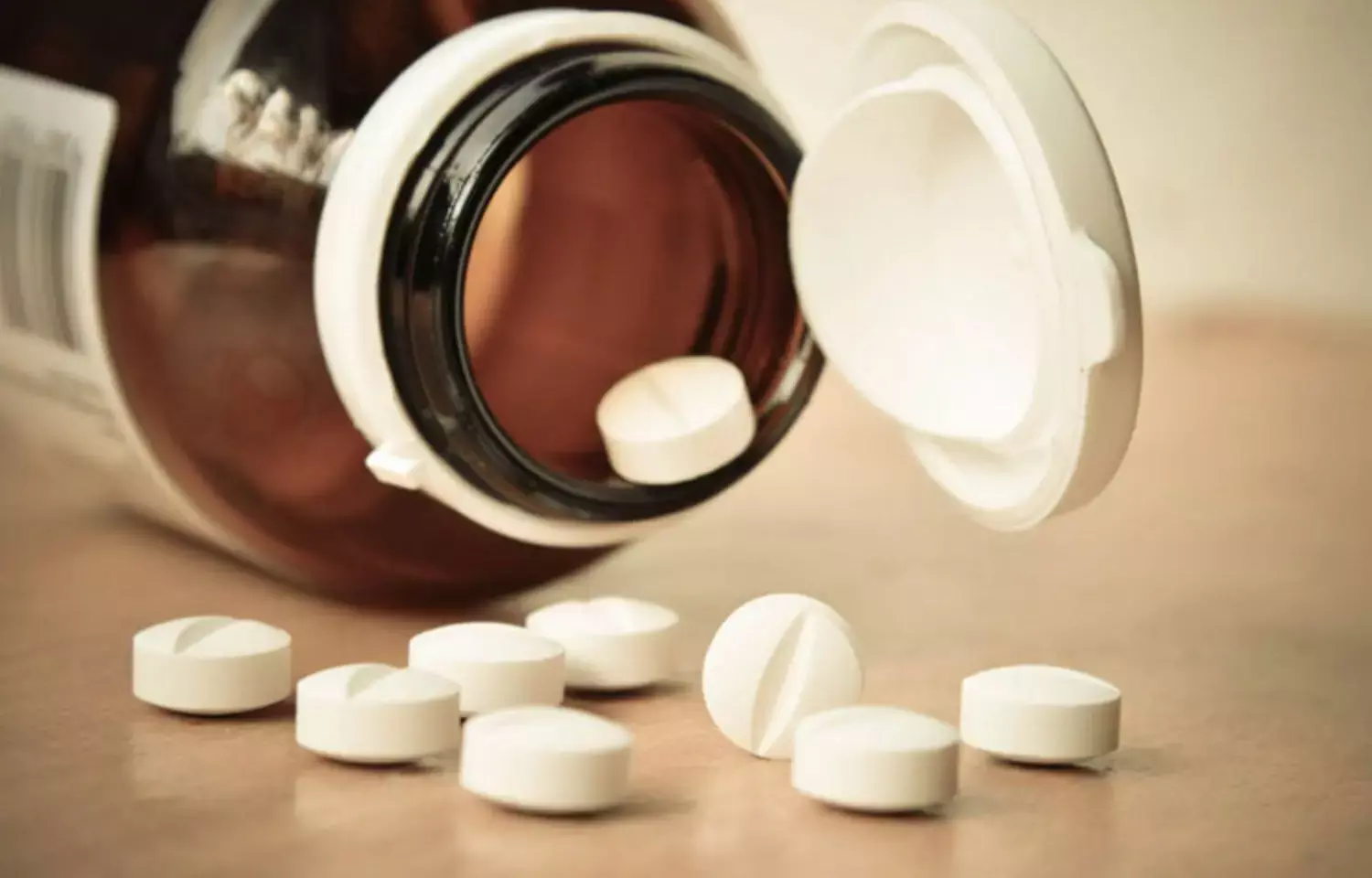- Home
- Medical news & Guidelines
- Anesthesiology
- Cardiology and CTVS
- Critical Care
- Dentistry
- Dermatology
- Diabetes and Endocrinology
- ENT
- Gastroenterology
- Medicine
- Nephrology
- Neurology
- Obstretics-Gynaecology
- Oncology
- Ophthalmology
- Orthopaedics
- Pediatrics-Neonatology
- Psychiatry
- Pulmonology
- Radiology
- Surgery
- Urology
- Laboratory Medicine
- Diet
- Nursing
- Paramedical
- Physiotherapy
- Health news
- Fact Check
- Bone Health Fact Check
- Brain Health Fact Check
- Cancer Related Fact Check
- Child Care Fact Check
- Dental and oral health fact check
- Diabetes and metabolic health fact check
- Diet and Nutrition Fact Check
- Eye and ENT Care Fact Check
- Fitness fact check
- Gut health fact check
- Heart health fact check
- Kidney health fact check
- Medical education fact check
- Men's health fact check
- Respiratory fact check
- Skin and hair care fact check
- Vaccine and Immunization fact check
- Women's health fact check
- AYUSH
- State News
- Andaman and Nicobar Islands
- Andhra Pradesh
- Arunachal Pradesh
- Assam
- Bihar
- Chandigarh
- Chattisgarh
- Dadra and Nagar Haveli
- Daman and Diu
- Delhi
- Goa
- Gujarat
- Haryana
- Himachal Pradesh
- Jammu & Kashmir
- Jharkhand
- Karnataka
- Kerala
- Ladakh
- Lakshadweep
- Madhya Pradesh
- Maharashtra
- Manipur
- Meghalaya
- Mizoram
- Nagaland
- Odisha
- Puducherry
- Punjab
- Rajasthan
- Sikkim
- Tamil Nadu
- Telangana
- Tripura
- Uttar Pradesh
- Uttrakhand
- West Bengal
- Medical Education
- Industry
Post USFDA nod, Bluebird Bio USD 2.8 million gene therapy becomes most expensive drug

Bluebird has pitched Zynteglo as a potential one-time treatment that could do away with the need for transfusions, resulting in savings for patients over the long term.
New Delhi: The U.S. Food and Drug Administration has approved bluebird bio's gene therapy for patients with a rare disorder requiring regular blood transfusions, and the drugmaker priced it at a record $2.8 million.
The approval sent the company's shares 8% higher and is for the treatment of beta-thalassemia, which causes an oxygen shortage in the body and often leads to liver and heart issues.
The sickest patients, estimated to be up to 1,500 in the United States, need blood transfusions every two to five weeks.
The therapy, to be branded as Zynteglo, is expected to face some resistance from insurers due to its steep price, analysts say.
Gene therapies usually come with a high price tag as they are often curative and have faced hurdles in securing insurance coverage.
For instance, Novartis was in 2019 forced to offer discounts and work out "outcome-based" installments payments for its $2.1 million therapy Zolgensma after insurers balked at the drug's price.
Bluebird has pitched Zynteglo as a potential one-time treatment that could do away with the need for transfusions, resulting in savings for patients over the long term.
The average cost of transfusions over the lifetime can be $6.4 million, Chief Operating Officer Tom Klima told Reuters before the approval. "We feel the prices we are considering still bring a significant value to patients."
Bluebird has been in talks with insurers about a one-time payment option.
"Potentially, up to 80% of that payment will be reimbursed if a patient does not achieve transfusion independence, they (insurers) are very excited about that," Klima said.
The FDA warned of a potential risk of blood cancer with the treatment but noted studies had no such cases.
Bluebird expects to start the treatment process for patients in the fourth quarter. No revenue is, however, expected from the therapy in 2022 as the treatment cycle would take an average of 70 to 90 days from initial cell collection to final transfusion
Read also: USFDA panel backs Bluebird bio gene therapy for blood disorder
Ruchika Sharma joined Medical Dialogue as an Correspondent for the Business Section in 2019. She covers all the updates in the Pharmaceutical field, Policy, Insurance, Business Healthcare, Medical News, Health News, Pharma News, Healthcare and Investment. She has completed her B.Com from Delhi University and then pursued postgraduation in M.Com. She can be contacted at editorial@medicaldialogues.in Contact no. 011-43720751


